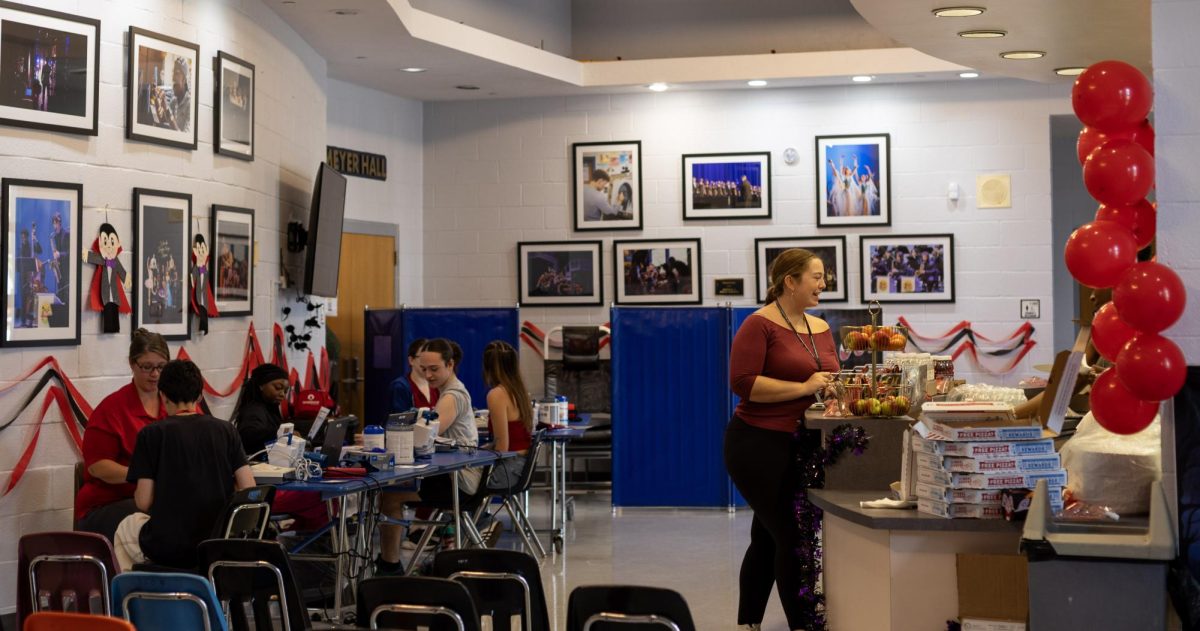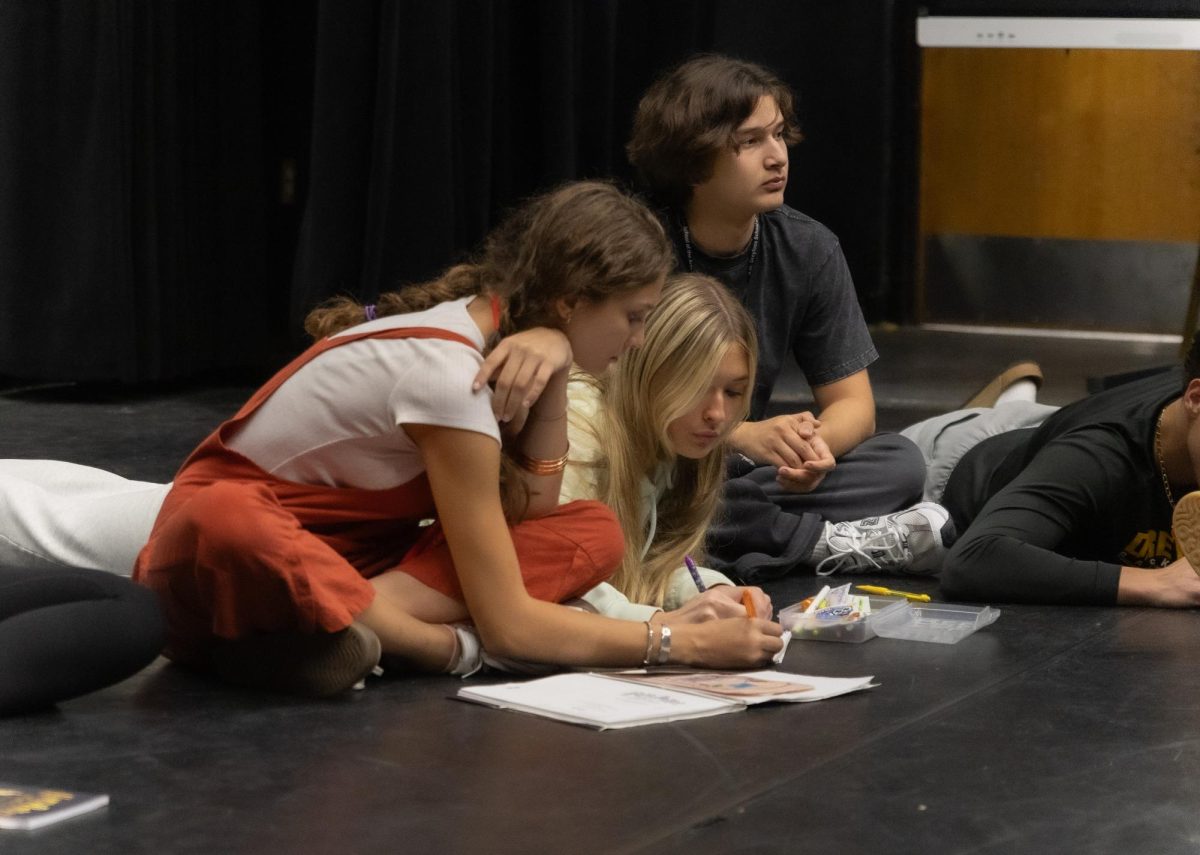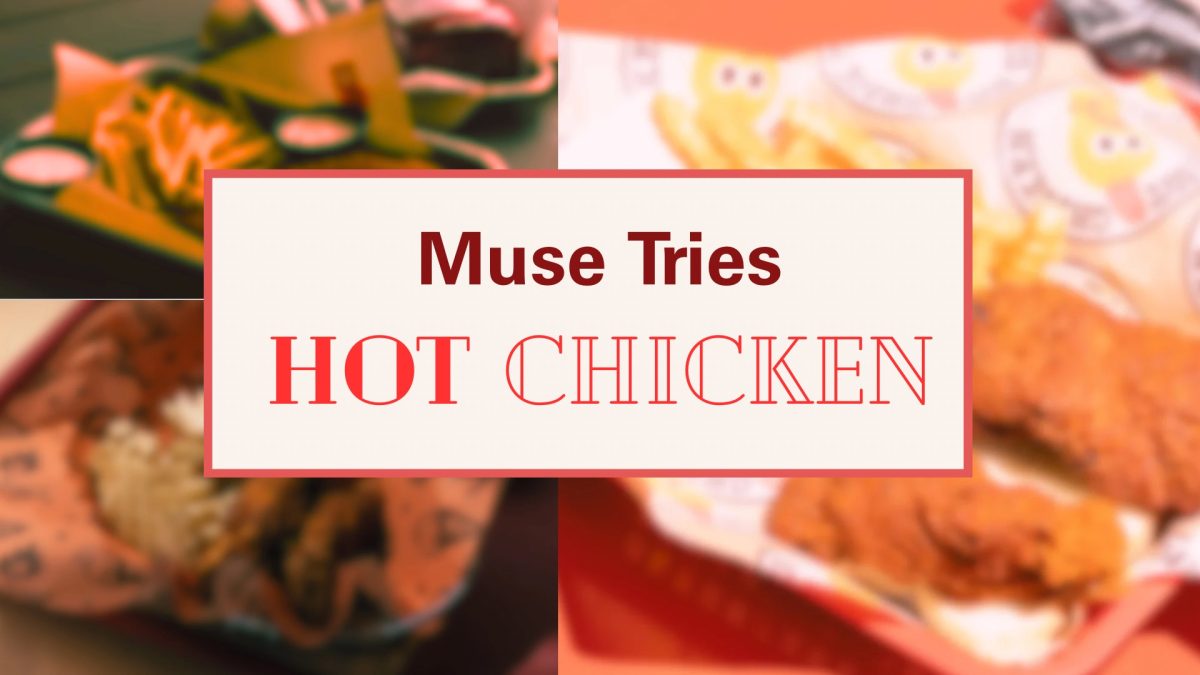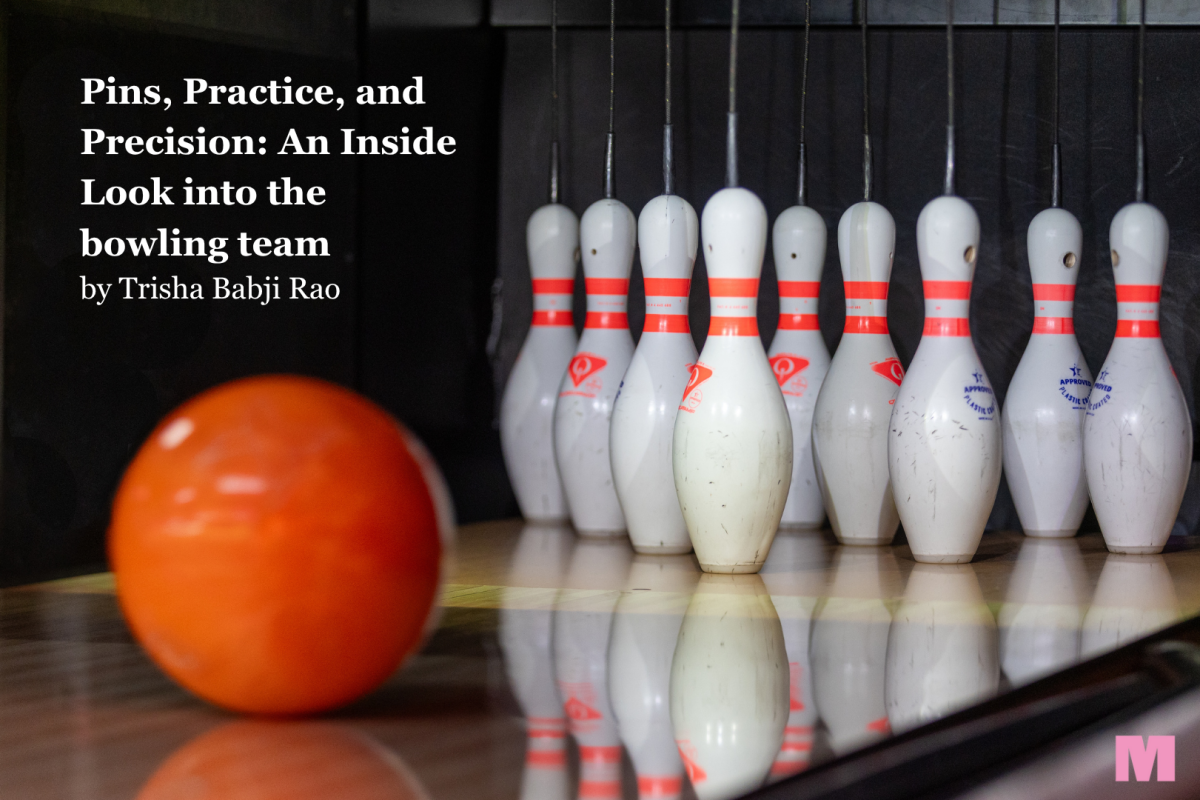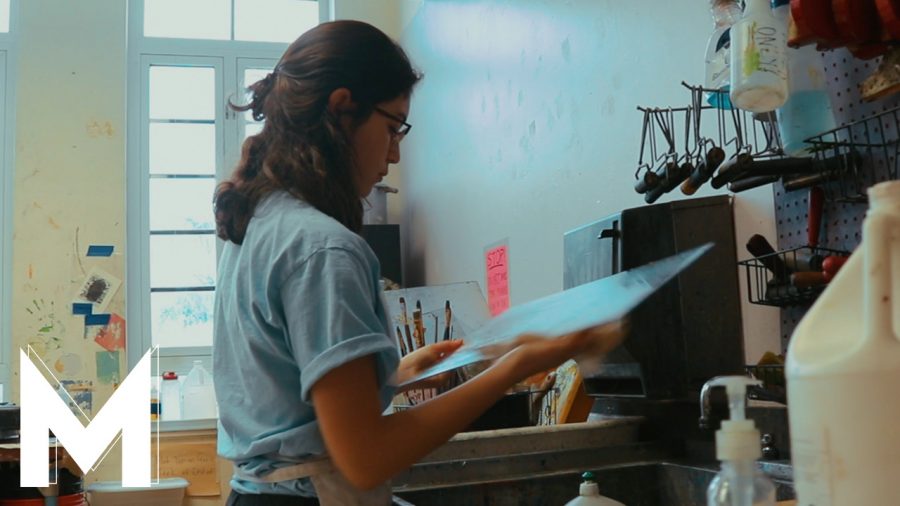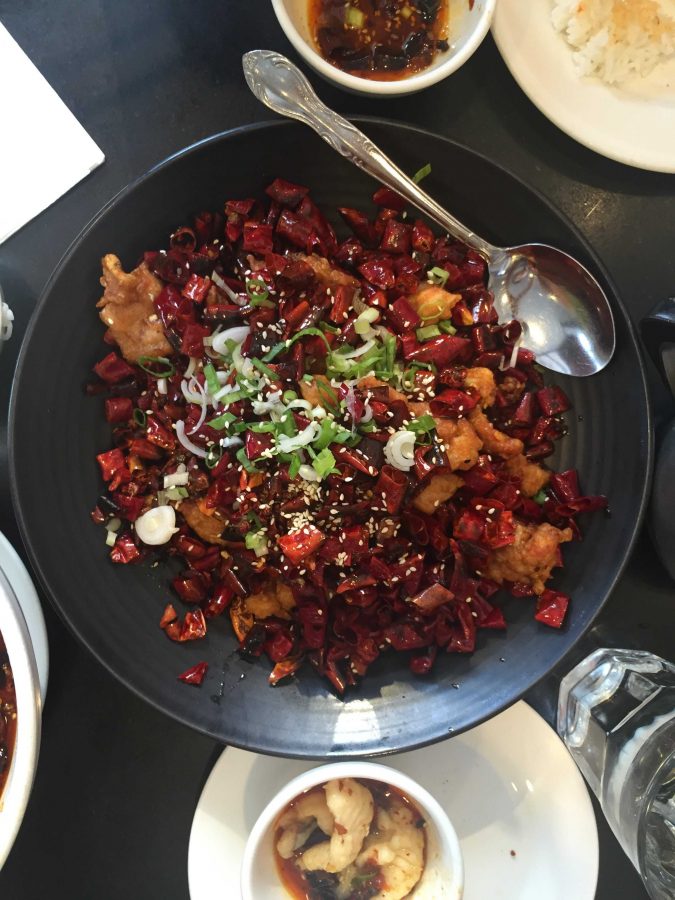In Search of Lost Time
About 30 minutes from the Golden Gate Bridge in San Francisco, there’s a street in Chinatown. Dingy supermarkets and barber salons sit in single file lines with bold red Chinese lettering covering their surfaces. The stands of one market pour out into the street, with rows of watermelon and Chinese vegetables adjacent to the sidewalk. Across from the market, hidden away from the bustling traffic on the street, stands a small Chinese restaurant called Chili House.
After we sat down, the waitress brought us a plate of meat. Although it may have looked similar to the pork my mother would cook for dinner, the first bite was something quite different. At first, it was incredibly spicy. Then, my tongue lost all feeling.
Chili House specializes in Sichuan cuisine, a style of food originating from the Sichuan province in China. The main spices the chefs employ are garlic and chili peppers, but the ingredient that distinguishes Sichuan food from other spicy Chinese food is the use of the Sichuan pepper. The Sichuan pepper looks like black pepper and creates a tingling and numbing sensation on the tongue. From personal experience, it’s something not to be messed with.
The first dish we ordered was the chicken with explosive chili pepper. It sounded really scary at first, but I was later disappointed to learn that the chili pepper wasn’t actually explosive. It’s basically a better version of Panda Express’ orange chicken except a whole lot spicier. The meat was scalding hot and the inside was moist and flavorful. The combination of the tingling, heat, and spiciness was incredible and left me reminiscing in my past.
I love food. It provides sustenance and sometimes tastes good. But at least for me, food is much more than getting by to the next day; it can be an immersion back into my culture.
The last time I visited China, my parent’s homeland, was more than three years ago. Since then, I’ve been revisiting the memories I made there through food. In his famous novel, “In Search of Lost Time,” Marcel Proust explores the concept of involuntary memory, or when something happening in your life triggers a recollection from the past. For me, food has always been my gateway into the times of the past.
When I took a bite out of the Sichuan dish, the taste in my mouth wasn’t what I was focusing on. It was a swirl of memories from the weeks I’ve spent in China and Singapore in years past. I can taste the cheap hawker food court bowls of spicy noodles with every hint of chili and see the buildings of Singapore rise up above me. I can see my extended family clamor around the table when I bit into a Chinese pork rib. I take my sips from my wonton soup sitting in my house while my grandparents’ electric fan hums in my ears from thousands of miles away. If I think really hard, I can recall fuzzy moments of my trips to China. But when I can’t control it, when I’m eating food, full color visions of my cousins laughing comes into view.
I can never review Chinese restaurants. I can’t say what exactly the food tasted like besides it was spicy and numbing. To me, Chinese food is good not only because it tastes fantastic, but because it’s a portal to the best times of the past.
Your donation will support the student journalists of Dreyfoos School of the Arts. Your contribution will allow us to purchase equipment and cover our annual website hosting costs.

